One quarter of the world’s population will be affected by mental disorders at some point in their lives [1] and, closer to home, one in six people in England report experiencing a mental health problem in any given week [2].
Whether it’s a friend, a family member or a work colleague, chances are we all know someone who’s been affected. Critically, although the use of antidepressants in the UK is high, the majority of people with a mental illness report they are not getting help.
Luckily, technology is starting to offer people more options to practice self-care and improve their mental wellness. This is not to say that seeking help through the traditional channels, such as therapy and doctors’ visits, are become redundant through the improvement of technology. But often people don’t have regular access to support groups, or have to travel long distances for the right treatment.
Technology has already helped us connect to online support groups, mobile meditation apps and other stress-relief techniques. And now, the increasing prominence of voice assistants such as Amazon Alexa and the Google Assistant means it’s easier than ever to improve your mental wellbeing and physical health from the comfort of your home.
Ahead of World Mental Health Day, we’ve rounded up some of the best ways that voice assistants can help you develop a healthier self-care routine.
Start the day right
As the saying goes, “if you win the morning, you win the day”. Get your day off to a positive start with one of these voice apps:
Alexa skill “My Morning” will give you a series of things to do each morning to help you win the day and feel more positive
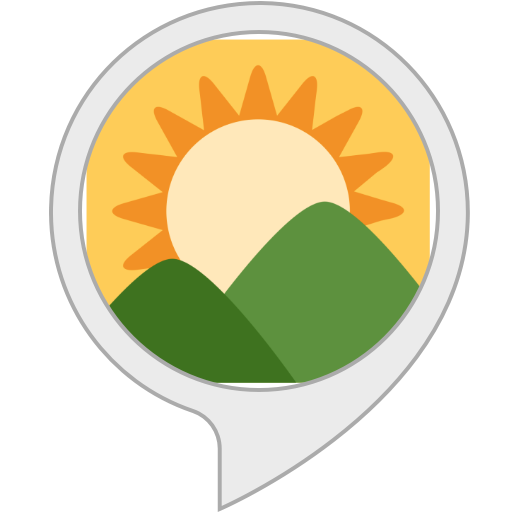
The skill “Good morning gorgeous” dishes out a daily inspirational good morning quote, followed by a compliment. Sound too simple to be effective? Just wait until you start receiving daily compliments in your PJs. As the makers of the skill say, it’s never too early to hear you’re gorgeous or to be inspired.

Meditate
If you want a simple guided meditation, Alexa can help. The UK Skills store has over 15 meditation skills you can choose from, all of which are free to use. The Google Assistant also has a number of meditation actions, helping users find calm in their daily lives.
For those who prefer a more personalised approach, Headspace has launched on both Alexa and Google, providing daily meditation and sleep exercises. Connect to your Headspace account for additional experiences as well as the Basics course which teaches you the fundamentals of mindfulness.

Listen to calming sounds
If you’re not into meditation, playing some calming music might be the thing to help you relax. Alexa and Google both offer a wide range of background sounds, from raindrops to forest sounds and even a campfire, with the most popular being the Spa Music skill, gaining a solid 5-star rating from more than 2,500 users.
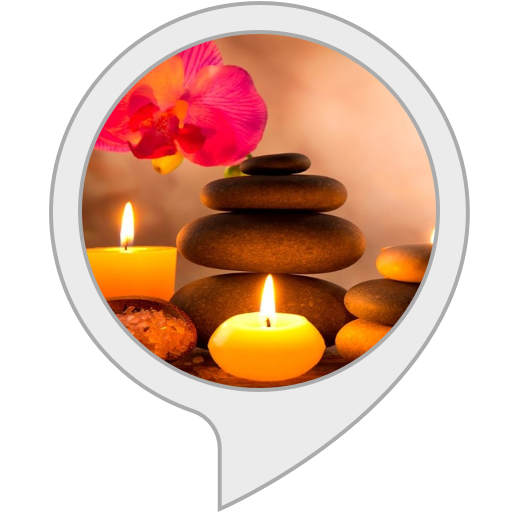
Get the endorphins flowing
If you want to get yourself energized for the day ahead, Alexa and Google both offer a number of guided workouts to get the blood flowing. The “7-Minute Workout” skill allows you to tailor your workout styles and background music to suit your personal taste.
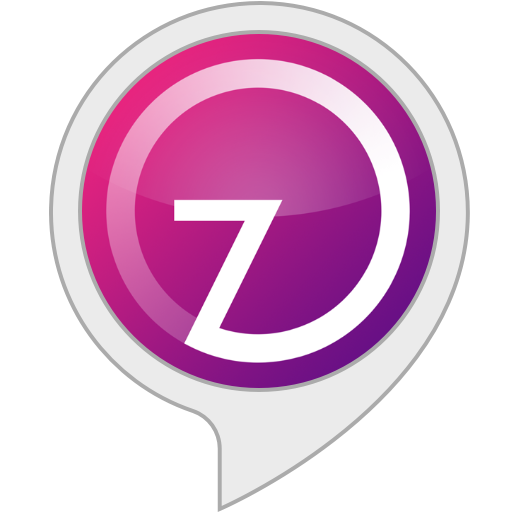
Alternatively, you can turn Alexa into your personal yoga instructor with the “Easy Yoga” skill, which guides you through 10-15 minute audio yoga routines
Add to a daily gratitude journal
Studies have shown that the mere act of thinking of things you are grateful for can boost your happiness. The Gratitude Journal, with versions on Alexa and Google, lets you keep note of your moments of gratitude, create new entries and reflect on past moments.

Don’t cave into a moment of weakness
We all have moments of weakness, and there’s not always a human being nearby to talk you out of a behavior you know you’ll regret later. To get you through these moments, the Alexa skill “Talk Me Down” will provide a supportive method of courage at the time you need it most.
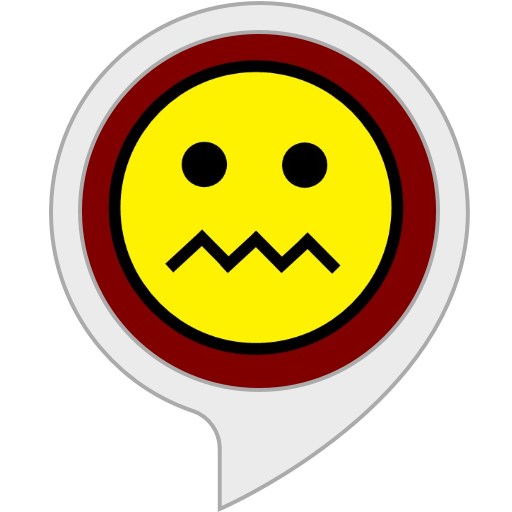
Use hypnotherapy to relax
The Hypno Therapist skill delivers audio therapy via Alexa to tens of thousands of customers, for those who want access to a therapist but can’t afford it, or who need help outside of work hours. The skill offers six hypnotherapy sessions (recorded using clinical hypnotist Barry Thain’s voice) for free and a library of over 70 additional therapies available for purchase. The skill does come with a warning though: don’t listen to the therapies when you’re driving!
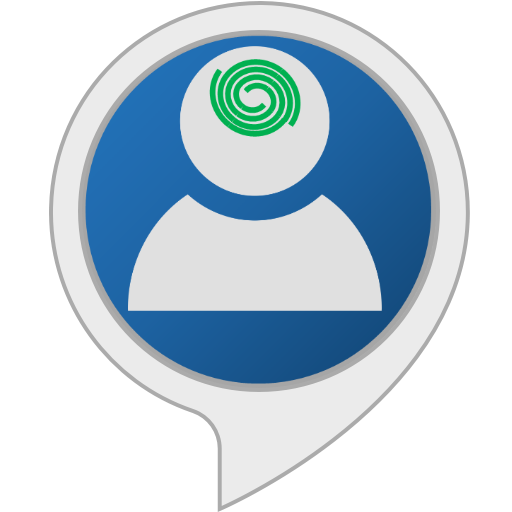
Looking to the future
For many people who struggle with anxiety or depression, it’s a huge challenge to find an affordable therapist. This barrier to care is in some part mitigated by voice apps such as the above mentioned, which can help people manage mental health issues, however they cannot offer the face-to-face interaction that therapy provides. We are now moving in the direction of being able to solve this problem, by using technology to improve access to therapists.
Notably, “The Difference” Alexa skill (currently in beta) connects you with an on-call therapist through Alexa Voice Services. While you wait to talk to a therapist, you can listen to music or meditation, or leave a voice mail explaining what you need to talk about. The end result is a one-on-one conversation with a qualified professional, without having to leave your home.
The Role of AI
Moving away from voice apps, we couldn’t write an article about voice technology and mental health without mentioning the role of artificial intelligence. The area of AI and machine learning in the identification and prevention of mental illness is a growing – and very exciting – area of research.
In a paper presented earlier this year at the Canadian Conference on Artificial Intelligence, a methodology has already been developed that combines machine-learning algorithms to detect depression using vocal cues [3]. By collecting voice samples acquired via a mobile app, the algorithm can recognise and track indicators of mood, such as depression, over time. By keeping track of your mental health and recognising downward trends, people can get access to help before a more serious condition develops.
As with all potential technological breakthroughs, there are a number of caveats and safeguards that still need to be developed. However, we are clearly on the brink of an AI revolution in mental health – a revolution that holds the promise of better access and more immediate care, at a more affordable price for those in need of treatment.
For more information about accessing mental health services visit the NHS Website
References
- https://www.who.int/whr/2001/media_centre/press_release/en/
- https://webarchive.nationalarchives.gov.uk/20180328130852tf_/http://content.digital.nhs.uk/catalogue/PUB21748/apms-2014-full-rpt.pdf/
- https://www.healio.com/psychiatry/practice-management/news/online/%7B06dd0931-ebd8-4591-a7bd-4b2c9e7677d0%7D/using-speech-based-technologies-to-detect-mental-illness
